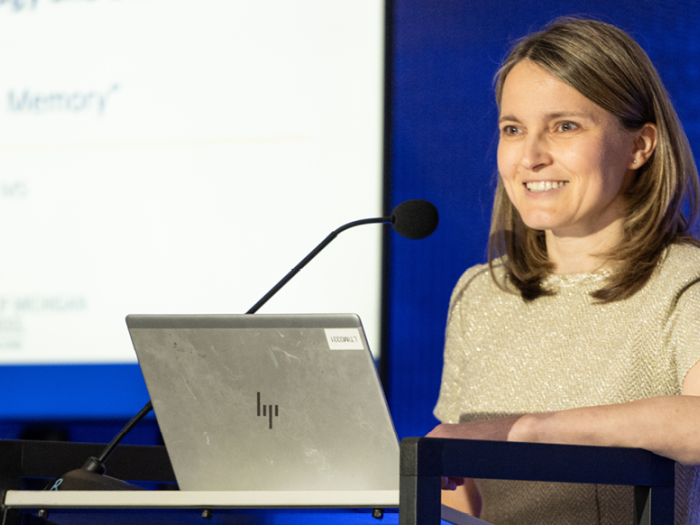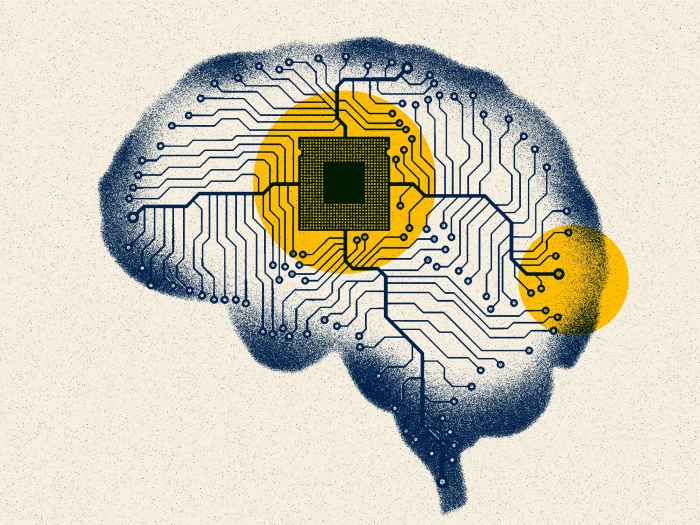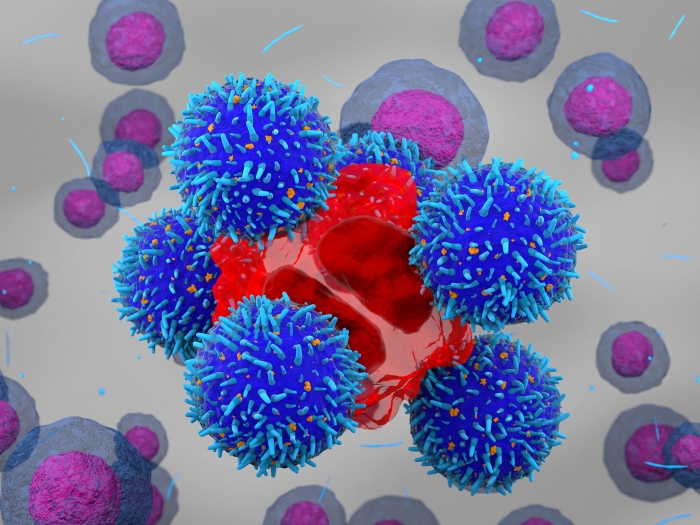The Department of Computational Medicine and Bioinformatics (DCMB) and the Institute for Heart and Brain Health (IHBH) at the University of Michigan Medical School are pleased to welcome Meng Wang, PhD, as a new Assistant Professor as of September 1, 2023.
Dr. Wang’s primary research interest is to better understand the complexity of human biology and disease via multi-modal biomedical data integration. In this, her goal is to develop innovative statistical and computational methodologies to integrate multi-omics data, medical images, clinical measurements, and data from wearable devices, and to apply these methods to the early detection, intervention and prevention of diseases.
“The recruitment of Dr. Wang expands the research footprint of DCMB into the new areas of multi-scaler data integration and analysis that include personalized information from wearable devices. This complements our strength in multi-omics and mechanistic basic science oriented methodological research. In addition, this recruitment launches our new and exciting collaboration with the Institute for Heart and Brain Health, offering a growing opportunity to apply our research that directly impacts human health and disease management,” said Brian Athey, Michael Savageau Collegiate Professor & Chair of DCMB.
At IHBH, Dr. Wang will work on developments of new methodologies to study multi-tissue responses to physical exercises and under disease models, especially the heart and brain. On this, she will collaborate with Anthony Rosenzweig, MD, Professor of Internal Medicine-Cardiology, Inaugural Director of the MM Institute for Heart & Brain Health and Professor of Pharmacology, and other members at IHBH. Dr. Wang’s lab will work on large-scale data by integrating multi-omics, including but not limited to genome, transcriptome, proteome, and metabolome, at both the bulk tissue level and the single cell level, and digital clinical traits from imaging and wearable sensor readouts, to drive new hypotheses on the tissue and tissue connections and provide insights for identifying therapeutic targets and pathways. “We know that physical exercise benefits many organs. We want to study how tissues respond to exercise, how they communicate with each other, and compare to their responses under the disease models. We plan to take a data-driven approach by integrating large-scale multimodal data, aiming to decipher tissue-tissue communication under health and diseases, and to provide therapeutic insights for the future treatment,” she said, “To achieve this aim, we need robust and powerful statistical inference and advanced computational tools.”
“We know that physical exercise benefits many organs. We want to study how tissues respond to exercise, how they communicate with each other, and compare to their responses under the disease models. We plan to take a data-driven approach by integrating large-scale multimodal data, aiming to decipher tissue-tissue communication under health and diseases, and to provide therapeutic insights for the future treatment,” said Dr. Wang.
“We are thrilled to welcome Dr. Meng Wang to our faculty. Dr. Wang has a track record of developing innovative computational approaches to address questions with important clinical and fundamental implications. To further these efforts, she has drawn on an impressive range of data from molecular profiles such as the GTEX proteomics data to wearables. I am confident that she will make significant contributions to our fields and help us to advance our understanding of heart and brain health," said Dr. Rosenzweig.
Dr. Wang is also looking forward to meeting new colleagues in the Statistics and Biostatistics Departments as well as in DCMB.
Dr. Wang came to this field through extensive training in statistics offered within mathematics departments. She has always liked mathematics, physics and sciences which attracted her to join mathematics departments. “With big data and new technologies in biology, there are many opportunities to apply my math, statistics, and computational skills to better understand the complexity of human biology,” she said.
Dr. Wang received her Ph.D. in Mathematics with Specialization in Statistics, from the University of California, San Diego, where she also became a postdoctoral researcher in the Department of Biomedical Informatics. Since 2016, she has been a postdoctoral researcher and a research scientist in the Department of Genetics at Stanford University where she worked in Dr. Michael Snyder’s lab and gained more insights into biology and medicine.
Outside the lab, Wang likes cooking Chinese food and hiking!





